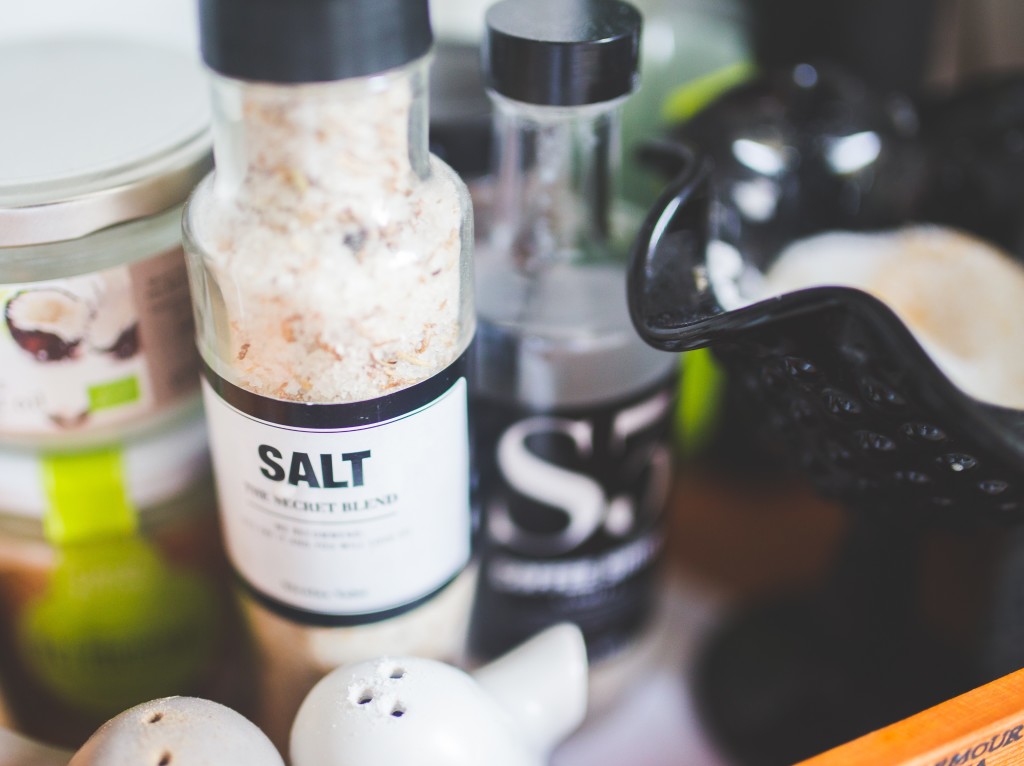Probably a bit like sea salt, according to a new report published in Environmental Science & Technology.
We’ve known the pervasiveness of microplastic pollution in our lakes and oceans has seriously disrupted marine ecosystems by fooling organisms into thinking it is food, among other things. Now researchers have discovered plastic in common table salt found in supermarkets across China. While plastic particles were found in salt sourced from lakes, wells, and salt mines, the study said the highest level of plastic contamination is in salt sourced from the ocean, with over 1,200 particles of plastic per pound of sea salt.
Microbeads are an increasingly common source of ocean pollution. Like all microplastics that end up in our waterways, they soak up the toxic pollutants that have been floating around – so when they find their way into our shellfish or salt, those toxin-filled plastics are then ending up in our bodies.
U.S. salt hasn’t been tested yet but as Sherri Mason, a chemistry professor at SUNY Fredonia and expert on plastic pollution in the Great Lakes explained to Scientific American, “Plastics have become such a ubiquitous contaminant, I doubt it matters whether you look for plastic in sea salt on Chinese or American supermarket shelves.”
So what can we do?
First, we can minimize our own use of unnecessary plastic and stop purchasing microbead-filled products.
Second, we can pass H.4 to join a growing number of states around the country and ban the sale of microbeads in Vermont! Sign our petition, call your state senators, or write an opinion piece in your local paper.

